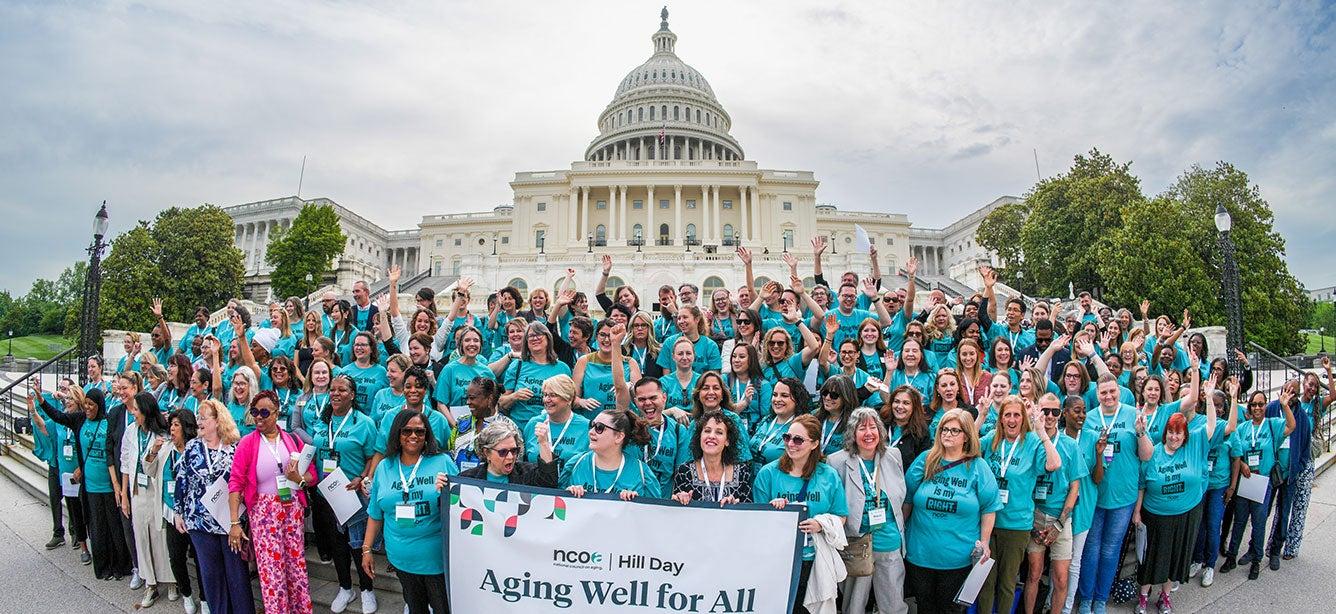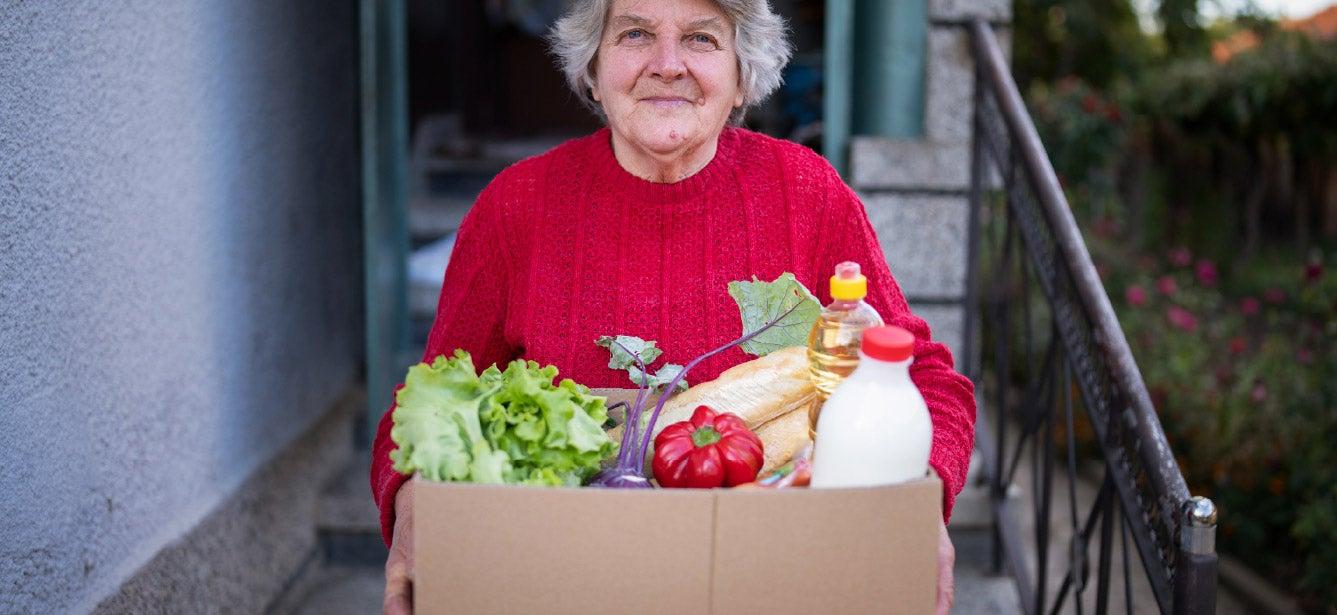
Related Topics
The decennial census is critically important to our democracy for a number of reasons: it determines the number of seats each state has in the U.S. House of Representatives; it is used to distribute billions in federal funds for essential programs to local communities, including programs that assist older adults; and it is the baseline for accurate data about our population. Mandated by the Constitution, the next census will begin the second week of March of 2020 and continue through the end of December.
An accurate count of older adults will ensure that the programs that many older adults rely upon are fairly funded. For example, programs like Medicaid, Section 8 Housing, Older American Adult Title grants, Supportive Housing for the Elderly, Low Income Energy Assistance, and many others all rely on an accurate census.
A New Challenge to Counting Seniors
Because of the critical need to ensure an accurate count of older adults in Colorado, we at Together We Count are including older adults in our work with hard-to-count populations to ensure that they receive outreach and educational materials to prepare for full participation. Historically, because seniors have been considered a civically engaged population, they have not been considered difficult to count; however, this time the census may seem different to households that have participated in the past. For the first time in history, the primary way to respond to the census will be through the internet. Although there is still the option for a paper response and a phone method has been added for 2020, many seniors may be confused by the changes and many may not respond to phone calls, because of the proliferation of phone scams directed at them. Additionally, research has shown that seniors are less likely to go online when compared to younger adults. The share of non-internet users ages 65 and older is decreasing, but 27% still do not use the internet, compared with fewer than 10% of adults under the age of 65 .
In Colorado, the older adult population continues to rise with existing population growth and the number of older adults moving to the state. The population of adults in Colorado ages 65 to 74 grew by 39.92% from 2010 to 2015.
Colorado has also experienced an increase in the number of people, young and old, living in complex households as the affordable housing inventory lags behind demand. Multi-generational households are common with over 48,000 Colorado children being raised by grandparents , and many households are opening up homes to roommates or home shares with companies like Silvernest. There is also an increasing number of older adults who want to age in their homes or “in place.” Nine out of ten older adults have indicated a desire to age in place for financial and other considerations . With the rise in complex households, it is imperative that individuals be counted on the household form and that a complete census represent everyone who lives there, not just the homeowner.
With all the concerns around the increased census issues, there are many opportunities to ensure that our older adult population is counted. Those who require additional supports to remain at home often have trusted relationships with individuals who can carry the census message and who are ready for the 2020 Census. It will be important for individuals and organizations to be ready to respond.
Who Do Seniors Trust When It Comes to Census Counting?
Trusted messengers can include tax preparers who can work with Older Adults to complete their census forms when they complete their tax returns, meal delivery services, senior companions, transit agencies, health care professionals, librarians, health care providers, volunteers with church home visitation ministries and programs that promote technology like Older Adults Technology Services and Senior Hub. Businesses that market to older adults should also include census messaging in their marketing from March through July of 2020.
Finally, we as a nation have relied upon older adults to participate in our civic society at critical moments in our history and the 2020 Census is the next opportunity for them to ensure that our country stays on the Constitutional path of fair political representation.
We mentioned political districts at the beginning of this post and we are going to end with underscoring the importance of the decennial census to our democracy. Regardless of political orientation or leaning, we all value the importance of fair congressional districts, and, without an accurate census count, we will not be able to confidently say that our congressional districts are fairly allocated. The most important use for census data is to divide the 435 member districts of the United States House of Representatives among the states. We can all contribute to this crucial exercise of democracy by participating in the 2020 Census, and by encouraging our friends, families, communities, coffee klatches, churches, and any and all other gathering places to join us and be counted.
NCOA's Role in Counting Older Americans
We all have a role to play in ensuring that Census 2020 engages everyone. Access the recording of NCOA's webinar to learn how government agencies and officials, nonprofits, advocacy organizations, and philanthropy are educating communities about how the Census will impact essential services for older adults and their families.
COVID-19 update from the Census Bureau (March 30): The Census Bureau announced that 2020 Census field operations have been suspended for two additional weeks to April 15, 2020. Suspended operations include; Early Nonresponse Follow-up, the Mobile Questionnaire Assistance Program, and Group Quarters Enumeration. Self-response options have not been suspended.



